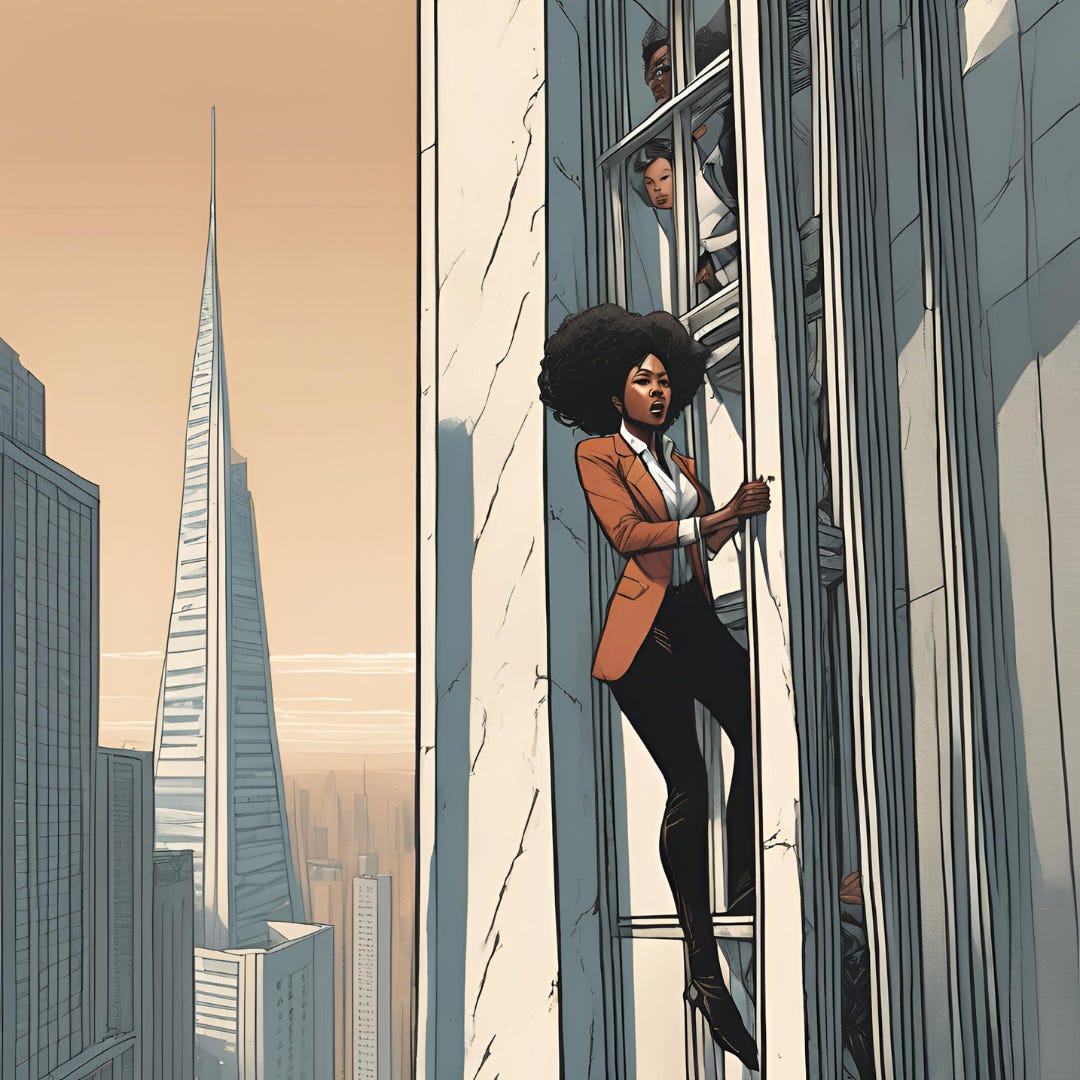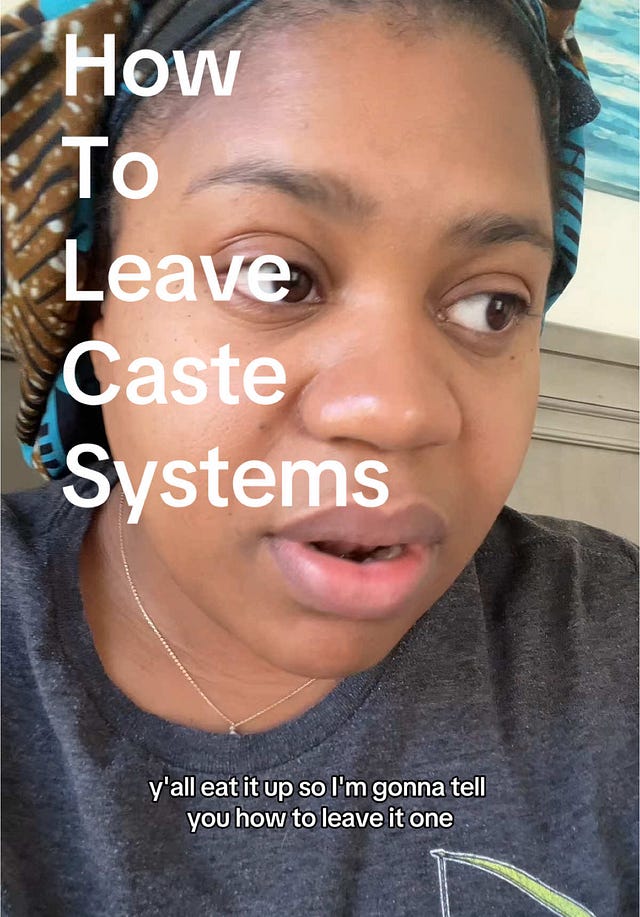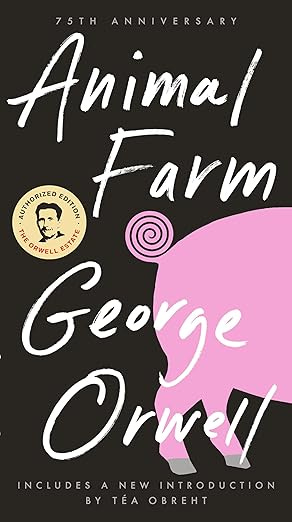For years, I internalized the belief that I wasn’t dedicated to my work because I refused to accept its performative nature. It frustrated me to sit in meetings where we danced around real issues, pretending to solve problems while creating new ones. I thought working in education would be different—surely here, things would focus on purpose. But as I climbed the ranks, I found myself surrounded by inflated egos, titles earned by clinging to outdated systems, and a culture that glorified doing things "as they've always been done."
This isn’t to say that all educators are ego-driven or detached. I’ve worked alongside incredible, student-centered people during my 15-year career. These are the people who labor tirelessly to uplift students, often sacrificing their own well-being. They’re the ones who stay late, find funding, and provide emotional support to make students’ dreams a reality. Yet, those people rarely—if ever—had a seat at the decision-making table. They carried the emotional labor of cleaning up decisions made by others, decisions that often prioritized optics over outcomes.
When I stepped into a leadership position, the divide between decision-makers and those executing their plans became painfully clear. Decision-makers weren’t centering students or their colleagues—they were centering themselves. Meanwhile, the ones carrying out their decisions lived in constant worry, wondering if every move aligned with their superiors’ expectations. They dissected Friday updates, crafted proposals to solve problems no one asked them to fix, and poured themselves into making flawed systems work. I know because I did the same. But the truth? We were a means to an end.
Decision-makers weren’t thinking about us at all.
As I unmasked, I realized something profound: my co-workers and I were undervalued because we didn’t know our value. Most of us were divergent and carried the weight of trauma—if we’re honest, many of us entered the field because of that trauma. I can’t count how often I’ve heard someone say, “I entered education to help people with the same issues as me,” or some version of the same sentiment. This same trauma led us to work beyond our capacity week after week for external rewards while being internally depleted. We gave everything to our students—working 80-hour weeks, preparing materials, and pouring life into every interaction.
Yet, the decision-making spaces weren’t designed for us.
They were built for people who could sustain performative efforts while outsourcing the emotional and mental toll to others. These people accepted the rules no matter who they impacted because they didn’t want to lose their seat at the table, even if the seat was performative. On the other hand, the ones who push back carry the weight of that imbalance until they are pushed out—or until their participation in the system, combined with the relentless push to perform, leads them to burn out.
Burnout wasn’t just about the hours, lights, or water cooler conversations. It was about existing in environments that demanded my emotional labor. It was that labor being invisible. It was the requirement to adapt to patriarchal structures. It was the requirement to conform through unspoken rules and microaggressions. It was the pressure to dismiss race and gender bias as normal while navigating violent social dynamics. It was the way my soul became droopy from lack of expression.
I was burned out because my humanity was never considered.
If you’re reading this and you feel like you’re running on fumes, know that you’re not lazy. You’re not weak. You’re navigating a world that wasn’t built for you, and that takes more strength than most people can imagine. You deserve to rest. You deserve to thrive. And most importantly, you deserve to exist exactly as you are, without apology.
Weekly Synchronicities
Without fail, I think something, get on TikTok, and BOOM, a video confirms my thoughts. This week was no different. I hope you enjoy it.
TikTok of the Week
is my favorite creator, and it’s not even close. Our perspectives and energy are aligned, and the way she breaks things down is amazing. This video about how to leave the Caste System is no exception. This video goes deeper into the systems behind the emotions I am explaining in this post. Check it out and share your thoughts. Also, you can find her on Substack at The Midnight Scholar Society. Book Recommendation: Animal Farm by George Orwell
If this video intrigues you, I and countless others in the comments recommend reading Animal Farm. A farm is taken over by its overworked, mistreated animals. With flaming idealism and stirring slogans, they set out to create a paradise of progress, justice, and equality. It’s an allegorical novel that will take your mind on a wild ride.
WHY DIVERGENTHOOD?
I want to reintroduce you to Divergenthood as it shapes into the community I always knew it could be. We are almost 6,000 subscribers strong! Welcome to all the new members, and for those who have been here a while, thank you for being a part of our community.
I chose the term divergent over neurodivergent because it encompasses all the ways we experience oppression. It highlights the suppression of our creativity and freedom, brings our cultures and souls into the conversation, and reminds us to address every part of ourselves—not just one aspect. Our Divergenthood is the thread of humanity that connects us all.
Systems were developed for the sole purpose of highlighting our differences. We’re easier to control that way. They don’t want us to see where we are alike because it threatens the system. The quick answer is abandoning the system. Yet, while the idea of leaving the system and living your best life is inspiring, I can tell you from experience that it’s not easy. It requires commitment, resilience, and a willingness to do the work:
You have to work on yourself.
You have to face your shadows and trauma.
You have to educate yourself.
You must heal your emotional, mental, physical, and spiritual bodies.
And yes, you have to forgive your parents, too.
Most importantly, you must believe you have something to contribute to yourself and the world, which is difficult when you grow up in a world that teaches you to value everything but yourself.
I created Divergenthood so that you won’t have to do this alone. Divergenthood is a community designed to support individuals in their self-actualization journeys to elevate the collective consciousness. Divergenthood is bigger than race, ability, and gender. It is about humanity.
Starting in December, I’ll reduce my posting schedule to once a week to focus on building the Divergenthood community. Here’s what’s coming:
Digital Products: Practical tools and resources for life as a divergent adult, such as routines, shopping guides, and more.
Expanding to New Platforms and Formats: Using audio and visual elements in the Divergenthood newsletter to support accessible approaches to healing, including breathwork, self-esteem practices, and affirmations.
Community Classes: Monthly classes to dive deeper into key topics and foster connections with others.
Paid Subscription Benefits
Divergenthood will always be accessible. Yet, paid subscribers gave me the confidence to believe in my value. Each subscription reminded me that my work was more than just a good deed— it was an energy exchange. As a thank-you to paid subscribers, I am committed to providing:
Free access to community classes
Free PDFs and discounts on e-books
Intimate reflections on unmasking and exclusive behind-the-scenes insights.
The new pricing structure begins in January. If you’re not a paid subscriber, consider upgrading now to lock in the low price and gain access to behind-the-scenes posts and updates as I develop Divergenthood.
I am humbled and grateful to serve as a source of inspiration and education for our community. Together, we can create a space that uplifts and empowers us all.
With Love,
Sia









I work in community economic development, and you explained my experience too. I'm Audhd and on week 2 of leave from work for autistic burnout. I've worked 12 years at the same org pushing and nudging and begging for systemic change, accountability to the root cause (colonialism, racism, etc.). The cognitive dissonance between wanting to do the work in a transformational way and working somewhere that only supports it with lip service has destroyed me. That feels dramatic to say but it's true.
This paragraph hit me so hard in the feels:
Burnout wasn’t just about the hours, lights, or water cooler conversations. It was about existing in environments that demanded my emotional labor. It was that labor being invisible. It was the requirement to adapt to patriarchal structures. It was the requirement to conform through unspoken rules and microaggressions. It was the pressure to dismiss race and gender bias as normal while navigating violent social dynamics. It was the way my soul became droopy from lack of expression.
Thank you for putting it so clearly. I needed this 💓
This is one of the most validating things I’ve read that finally explains the experience I’ve had my whole career. A career that has included work in the juvenile justice system, crisis response, outpatient mental health, public schools, and university.